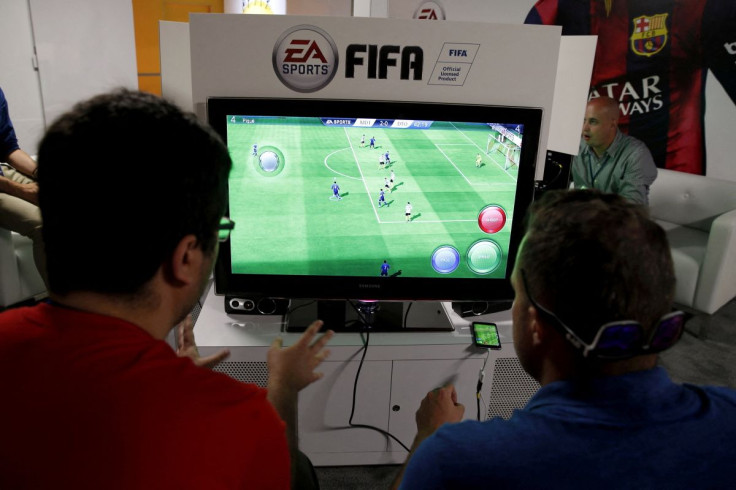Want To Enhance Your Decision-Making Skills? Just Play Video Games
KEY POINTS
- Video game players had more accuracy and speed than non-players
- fMRI scans were used to measure the brain response of participants
- Playing video games enhanced activity in key brain regions, a study shows
Gamers have superior decision-making skills and enhanced brain activity when compared to non-players, a new study has found.
A team from Georgia State University found that video games have the potential to be used as a tool in perceptual decision-making training.
"Video games are played by the overwhelming majority of our youth for more than three hours every week, but the beneficial effects on decision-making abilities and the brain are not exactly known," said lead researcher Mukesh Dhamala, associate professor in the Department of Physics and Astronomy, Georgia State University.
Video game players are faster and more accurate in their responses, and excel at decision-making tasks. The differences in accuracy and reaction time correlated with enhanced brain activity.#neuroscience #science #gaminghttps://t.co/0ddbpMcYuQ
— Neuroscience News (@NeuroscienceNew) July 11, 2022
"Our work provides some answers on that," Dhamala continued. "Video game playing can effectively be used for training — for example, decision-making efficiency training and therapeutic interventions — once the relevant brain networks are identified."
The study, published in Neuroimage: Reports, included 47 college-age participants, comprising 28 regular video game players and 19 non-players.
They were asked to lie under a functional magnetic resonance imaging (fMRI) machine with a mirror, which displayed a cue and then a set of moving dots. The participants were then told to press a button in their right or left hand to specify the direction in which the dots were moving. They could refrain from pressing either button if they saw no movement.
Video game players were found to be approximately 190 milliseconds faster and 2% more accurate than non-players.
An analysis of the fMRI brain scans revealed a link with enhanced activity in certain parts of the brain in the case of frequent video game players.
"These results indicate that video game playing potentially enhances several of the subprocesses for sensation, perception, and mapping to action to improve decision-making skills," the authors explained. "These findings begin to illuminate how video game playing alters the brain in order to improve task performance and their potential implications for increasing task-specific activity."
The video game players fared better on both speed and accuracy.
"This lack of speed-accuracy trade-off would indicate video game playing as a good candidate for cognitive training as it pertains to decision-making," researchers noted.

© Copyright IBTimes 2024. All rights reserved.





















